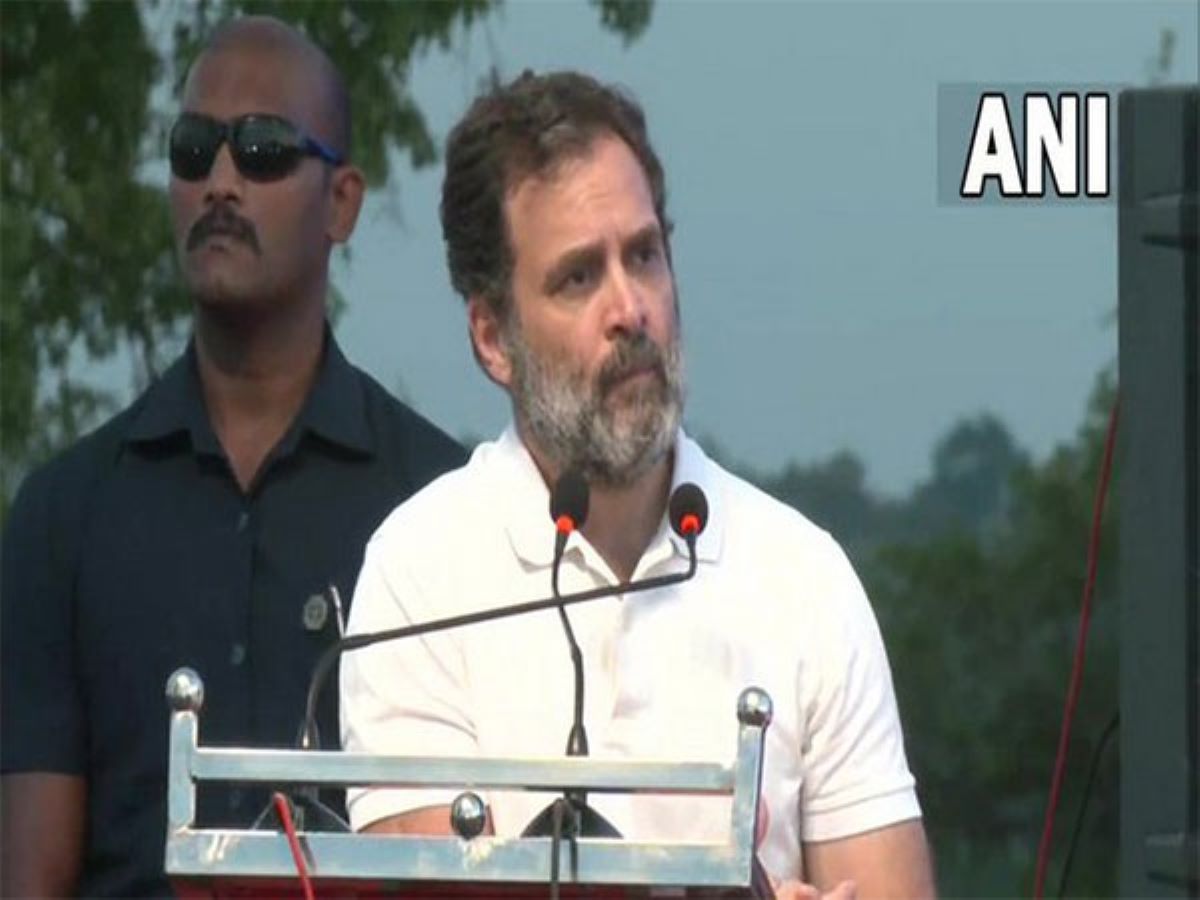
Ahmedabad: The Gujarat High Court on Tuesday reserved its orders in the revision plea filed by Congress leader Rahul Gandhi in connection with his conviction in a defamation case that subsequently led to his disqualification as a Member of Parliament.
Rahul Gandhi had appealed to the Gujarat High Court for an interim stay of his conviction until the court pronounced its order on his petition.
However, the single judge hearing the case, Justice Hemant Prachchhak, has postponed his decision until after the summer vacation, which ends on June 4.
On April 29, Rahul Gandhi’s lawyer — Abhishek Manu Singhvi, also a Congress leader, argued in the court that his client had not committed any heinous crime or an offence involving moral turpitude, which are the two tests for denying suspension of conviction.
The case stems from a 2019 rally in Kolar, Karnataka, where Rahul Gandhi had said, “Nirav Modi, Lalit Modi, Narendra Modi. How come all the thieves have ‘Modi’ as a common surname?”
This remark led to a criminal defamation case being filed against him by Surat BJP legislator, Purnesh Modi.
Gandhi had been sentenced to two years in jail by a Surat court, leading to his disqualification as a Member of Parliament.
During the previous hearing, Justice Prachchhak had emphasised that Rahul Gandhi, being an elected representative of the people, should have been more cautious while making statements.
Singhvi had argued that the maximum punishment for a bailable, non-cognizable offence of two years could result in his disqualification, leading to a “very serious additional irreversible consequence to the person and the constituency he represents”.
Earlier this year, the Sessions Court in Surat had dismissed Rahul Gandhi’s plea seeking suspension of his conviction by the Magistrate court, stating that his disqualification would not result in an irreversible loss to him.



